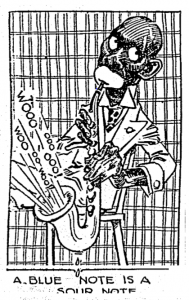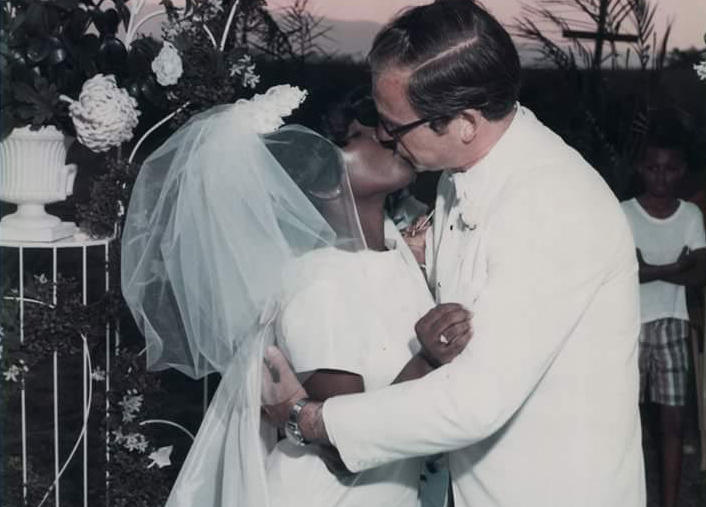Jefferson’s idea that everyone should be uniform farmers was the best way to run America is ridiculous. I can’t imagine what life would be like without the same innovations and technological advances we have today. Even writing this online blog post would have been impossible without the consequent waves of innovation that Hamilton’s idea of pressing toward the future catalyzed. Not everyone can be a farmer because then there is no specialization. While Jefferson does make a point when he says it’s harder to keep a nation together without uniform interests, I think he missed the mark a little. Just because everyone doesn’t have the same profession, and thus economic interest, doesn’t mean we don’t have the same national interests. Our interest IS America, no matter if you’re a doctor, a teacher, or a blacksmith. The reason I mesh better with Hamilton’s ideas is that he describes America much like what I have grown up with. Our culture is all about individualism and what makes each person stand out among the crowd. Americans strive to answer the question, how does my uniqueness contribute and build community? And I think this is a perfect reflection of it.
What would I be without this?










